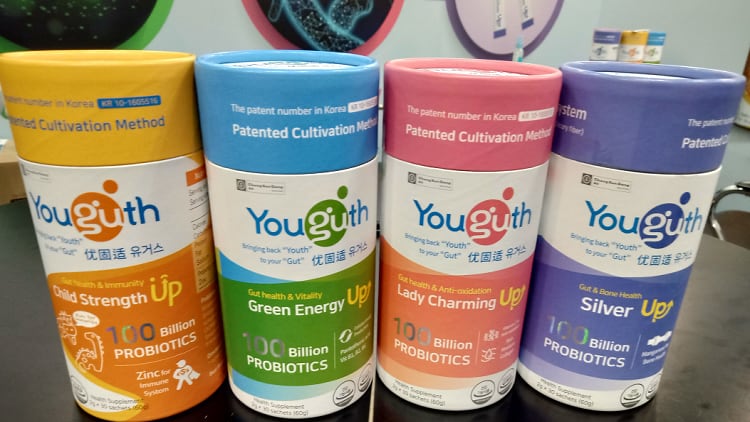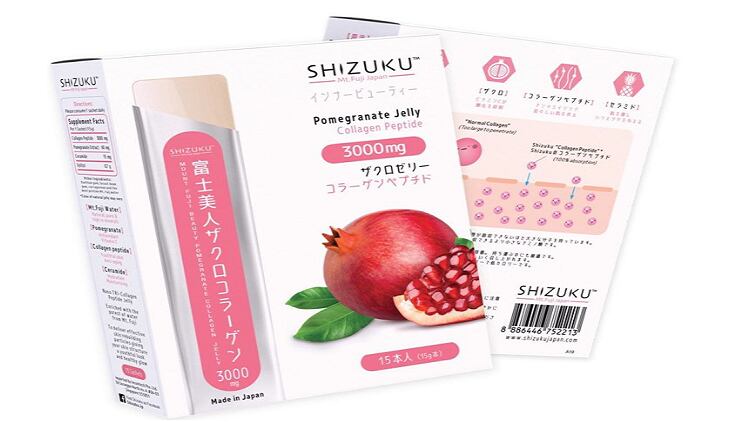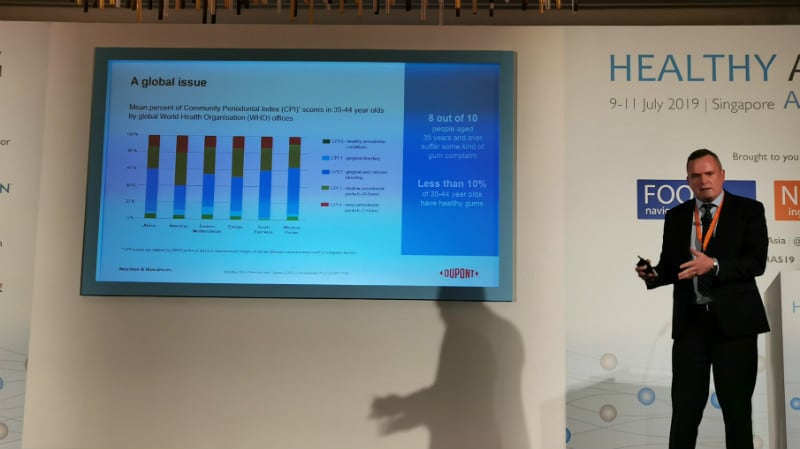Published in the International Journal of Pharmacokinetics, the study was sponsored by Pharmako Biotechnologies, which supplied the test products for the research.
The test products supplied were made with the firm’s proprietary delivery system, known as AquaCelle.
“In terms of absorption, what the delivery system does is that it creates a self-emulsifying system.
“As soon as the content contained in the AquaCelle comes in contact with the stomach’s gastric juices, they self-emulsify, creating micelles, which increases the surface area of CoQ10 in the gut, which then allows the gut to digest, and the body will have access to a lot more than what it normally would have,” George Kokkinis, co-founder and technical director at Pharmako told NutraIngredients-Asia.
Involving 66 participants aged 18 to 30 years old, the study examined the efficiency of AquaCelle in delivering CoQ10 to the blood plasma.
The participants were separated into five groups, with two groups consuming either a 100mg liquid capsule containing ubiquinol (CoQ10 in a reduced state) or standard CoQ10 solubilised in a 100mg liquid capsule.
Another three groups consumed CoQ10 capsules delivered with AquaCelle of varying micelle sizes, namely 10μm, 15μm to 20μm.
Except for the group consuming ubiquinol, all the other four CoQ10 formulations contained the same ubiquinone (CoQ10 in oxidised state) in a solubilised form.
Results showed that the AquaCelle formulations were able to increase the amount of CoQ10 delivered as compared to the standard formulation.
“We found three AquaCelle self-emulsifying delivery systems to have significantly higher absorption compared with standard CoQ10 in an oil–water dispersion.
“These results support previous reports which highlight the importance of delivery systems to aid gastrointestinal absorption of CoQ10,” the researchers said.
“Further, the AquaCelle formulations were found to deliver equivalent absorption to a commercially available ubiquinol product.
As such, the price of AquaCelle formulated CoQ10 is about one-fifth that of ubiquinol and it does not have the manufacturing and handling issues associated with ubiquinol, Kokkinis said.
He pointed out that this was because AquaCelle formulated CoQ10 was not sensitive to light, heat or temperature.
Smaller size, higher absorption
It was also found that the smaller the size of the micelles, the higher the CoQ10 absorption.
For instance, the group consuming CoQ10 liquid capsule delivered with micelle of size 10μm had the greatest amount of CoQ10 absorbed.
Its Area Under Curve (AUC) was three times greater as compared to the standard CoQ10 in a 100mg liquid capsule.
Limitations
The researchers suspected that poor compliance to the pre-participation protocols might have affected the results of the study.
They noted that as compared to the other groups, the baseline CoQ10 concentration for the group which consumed AquaCelle CoQ10 with micelle size of 10μm was not consistent and reported a different endogenous level previously reported in humans.
“The disparity between Group 4 and the remaining groups was largely due to two participants having significantly higher baseline CoQ10 concentrations compared with the rest of participants.
“Given there were no significant differences in participant age, the disparity seen in Group 4 is unusual and may reflect poor compliance to the pre-participation protocols,” said the researchers.
Nevertheless, they believed that the maximum increase in plasma concentration could still be used as a comparative measure of absorption.
More bioavailability enhancers to come?
The researchers foresee that the use of bioavailability enhancers will become more prevalent.
“Over the next decade, I foresee the use of bioavailability enhancers becoming increasingly prevalent to the point that almost all supplements on the market will have some kind of additive, designed to increase bioavailability.”
The purpose might be to increase the amount that is delivered to the system, or allow reduced amounts to be consumed, and in turn bringing about a cost saving effect.
At present, in the case of CoQ10, researchers said that the major limitation with such supplementation lies with its strong lipophilicity, which results in poor oral absorption and difficulty obtaining plasma concentrations needed for therapeutic benefit.
Some oral CoQ10 formulations have reported a time to absorption of five to 10 hours and a plasma half-life of up to 33 hours.
Source: International Journal of Pharmacokinetics
The impact of micelle size and increased absorption of ubiquinone using a novel delivery system (AquaCelle)
https://doi.org/10.4155/ipk-2019-0004
Authors: David Briskey and et al





